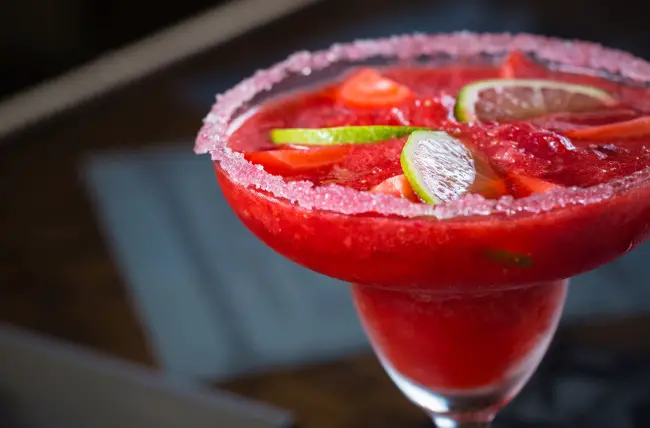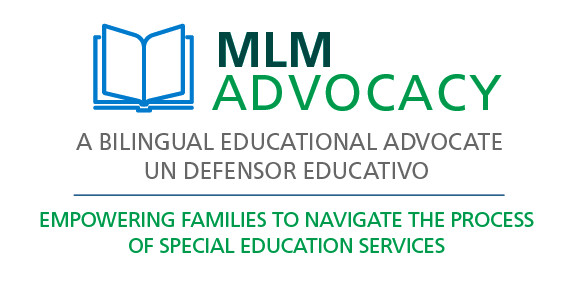
New Study: Giving Teens Alcohol Doesn't Teach Responsible Drinking
Those supervised sips can raise some serious risks.
Get can’t-miss family activities sent to you!
Get the Best Kid-Friendly Activities
Sent to You Weekly!
The findings were eye-opening: Adolescents who’d been supplied alcohol only by their parents had higher odds of subsequent binge consumption, alcohol-related harm, and symptoms of alcohol use disorder than teens who’d had no ready access. The study also found that when parents supplied alcohol, kids were also more likely to access alcohol from non-parental sources going forward. Being supplied with alcohol by others, in turn, was associated with an even greater increased risk of adverse outcomes.
The upshot? You might want to keep pouring your teen a glass of juice during family toasts. “Providing alcohol to children is associated with alcohol-related harms,” the study authors said. “Parents should be advised that this practice is associated with risk, both directly and indirectly through increased access to alcohol from other sources.”
Related links: New Advice on Talking About Teen Drinking




.png.jpg)

